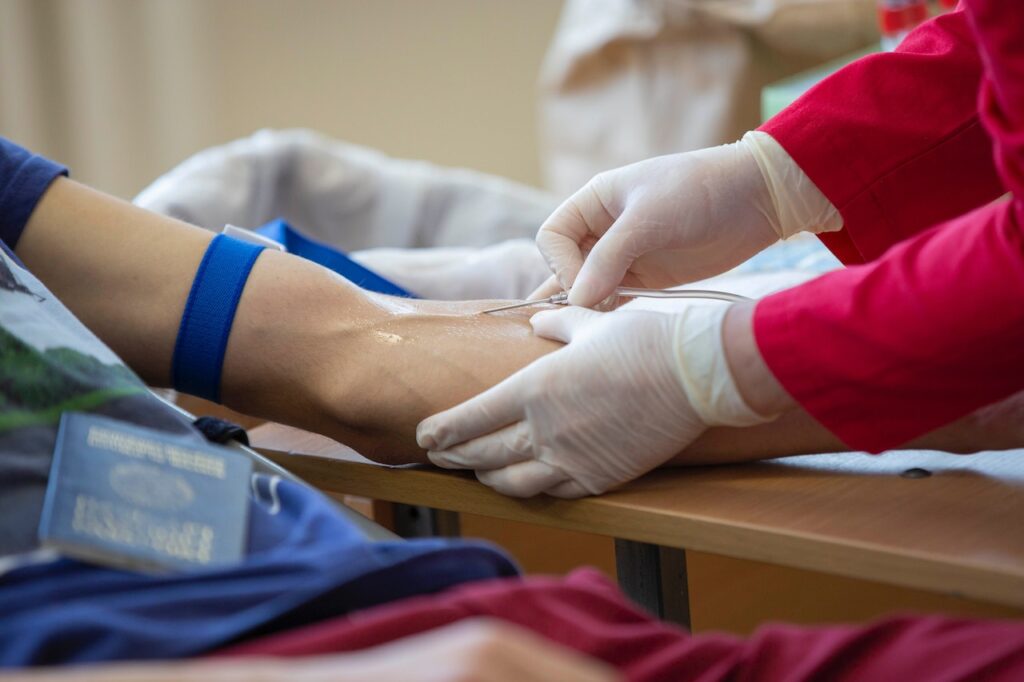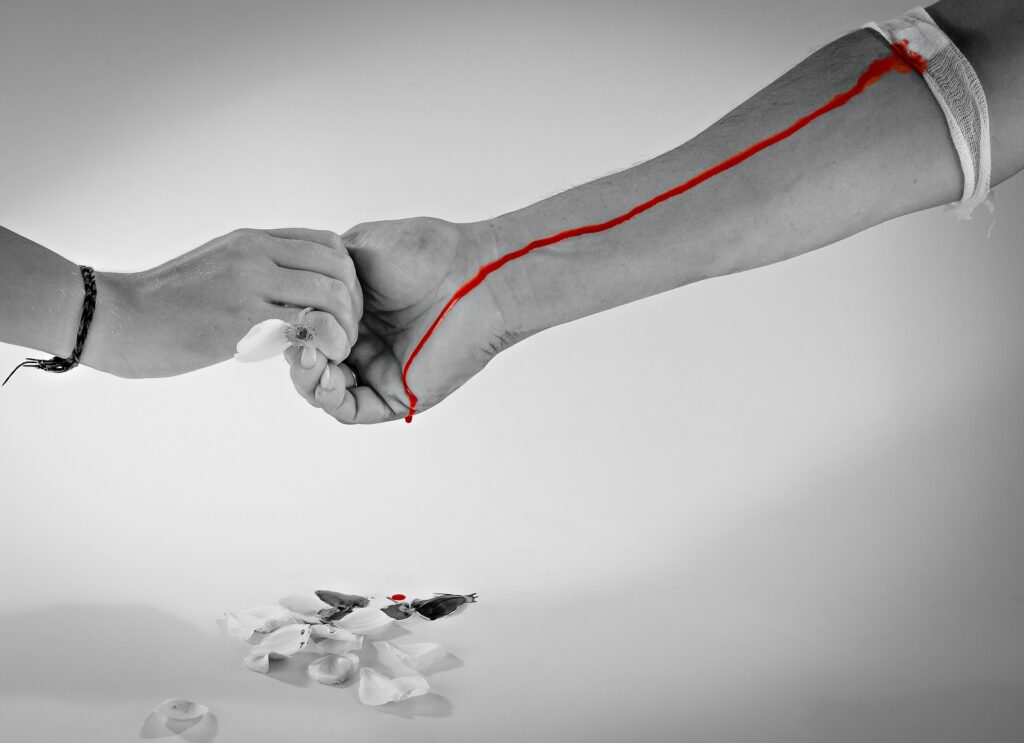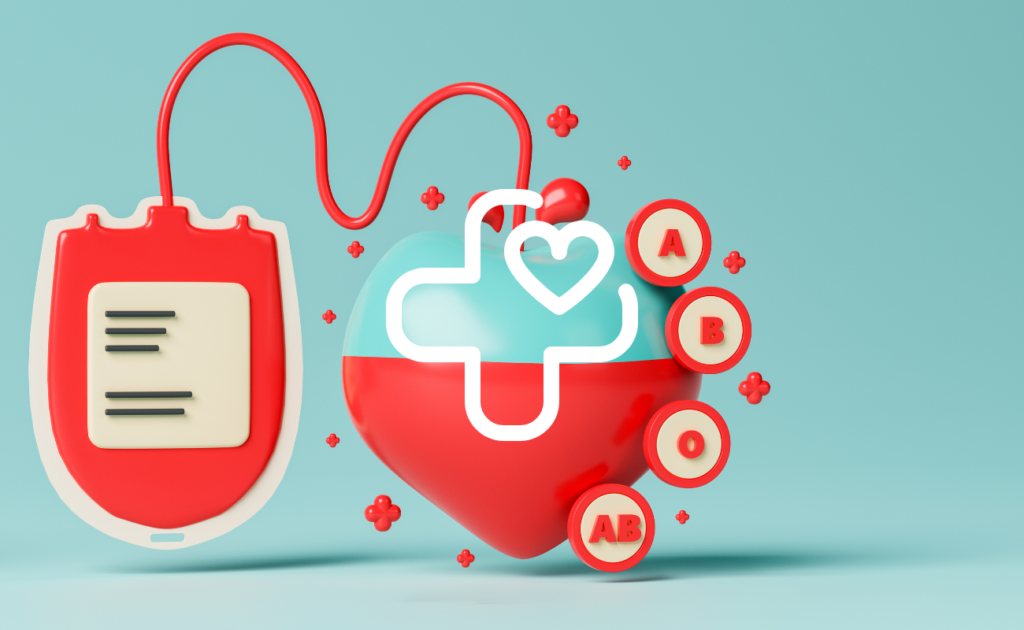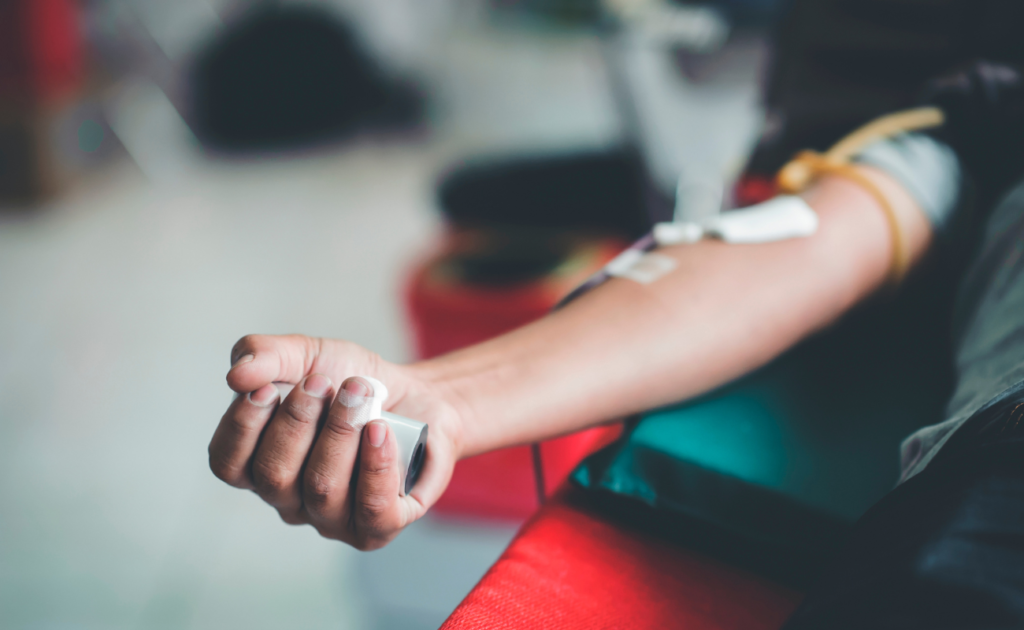
Blood Donation - The Process
Dr. Ajay Bedi
MBBS, DA (Founder and Director, East Delhi Medical Centre)
Blood donation is a noble act that saves lives and brings hope to countless individuals. Today the world is commemorating Blood Donor Day. But have you ever wondered what truly happens during a blood donation?
Let’s find out with East Delhi Medical Centre.
Eligibility
Before donating blood, it’s essential to prepare both physically and mentally. Before accepting blood, it is confirmed if the donor is in adequate physical condition for donating blood. Potential donors are required to meet certain criteria, including age, weight, general health, and absence of specific medical conditions. Once deemed eligible, donors are typically advised to have a good meal and stay hydrated prior to their appointment. These simple steps ensure that the donor’s body is ready to contribute effectively and minimize any potential side effects. Often Donors wonder Am I Eligible for donating blood.
Find out with our Article
If the eligibility conditions raise an eyebrow, consult a healthcare professional or book a diagnostics test. We are just a call or message away!
Where all can We donate Blood?

So where all can we donate blood? The process of blood transfusion involves various avenues for blood donation- Licensed blood banks, Blood Donation Camps, and Mobile Blood Collection units.
Blood Camps
Licensed blood banks serve as accessible centers where individuals can voluntarily donate blood at their own convenience. These facilities operate round the clock, allowing people to walk in and contribute to the blood supply.
In addition to walk-in donations, blood banks also organize in-house camps on prearranged dates. These camps are coordinated with the organizers and the responsible personnel at the blood bank, ensuring a convenient and efficient process for blood donation.
India Times has compiled a list of Blood Banks in Delhi which function 24/7.
Blood Donation Camps
Furthermore, blood donation camps are set up by various organisations like hospitals, educational institutions, industrial complexes, and commercial establishments. Do you know East Delhi Medical Centre also sets up Blood donation camps regularly? Follow us for staying updated about all the EDMC activities!
These camps offer opportunities for individuals to contribute to the blood supply in convenient settings.
By offering multiple options for blood donation, including licensed blood banks, in-house camps, and outdoor camps, the process of blood transfusion aims to encourage voluntary participation and ensure a steady and accessible blood supply for those in need.
The Process of Donation

Donor has to fill up the registration form and gives her/ his consent for donation. Once registration is done, Donors Medical History & life style is asked, check-up of temperature, blood pressure, pulse and haemoglobin is done, all to make sure patient is Eligible according to the guidelines we discussed above.
For the Donation, Phlebotomist draws unit (350ml/450ml) of blood. For the process, a fresh sterile needle is used to draw each unit and the needle is destroyed after it has been used.
After the donation, basic refreshment is provided to replenish fluids. The staff monitors donors during this recovery phase, ensuring their well-being and offering assistance if needed.
Final Stage

Once the blood is collected, it involves screening the donated blood to minimize the chances of adverse effects on the recipient. Transfusion Transmissible Infections (TTIs), including bacteria, viruses, and parasites, pose a risk if present in the transfused blood. Therefore, rigorous screening for TTIs is performed to maintain the safety of donated blood.
In India, the Drugs and Cosmetics Act mandates that all blood units collected in blood banks for transfusion purposes must be screened for various organisms.
- Human Immunodeficiency Virus (HIV)
- Hepatitis B and Hepatitis C Virus
- Treponema Pallidum (which causes Syphilis)
- Plasmodium species (which causes Malaria)
Blood with any of these infections is destroyed to prevent infecting others.
Separation
After ensuring blood safety, the next step in the process is the separation of blood into its individual components. This allows healthcare providers to administer specific components based on the patient’s requirements.
RBCs are rich in hemoglobin, which carries oxygen to body tissues and helps eliminate carbon dioxide. They are commonly transfused in cases of trauma, surgery, or severe anemia. They can be stored for 42 days in the refrigerator or 10 years in the freezer.
Platelets play a vital role in blood clotting, preventing excessive bleeding after an injury. They clump together to form a clot, sealing the wound. Concentrate of platelets can be stored for 5 days at room temperature.
Plasma, on the other hand, is the fluid portion of blood that carries all the blood cells and various components. It contains a plethora of proteins and substances that have significant medical applications. Fresh frozen Plasma can be stored for 1 year in the freezer.
Finally, how do they connect with people in need? NABT tells us, “On request generated by authorized medical personnel your blood components will be issued to a recipient subject to blood group compatibility and blood bank inventory protocols.”
So that is the journey of Blood from you to the recipient! Understanding the journey from donor to recipient enhances our appreciation for the remarkable efforts made by blood donors, medical professionals, and organizations dedicated to improving and saving lives through blood transfusion.
Go donate blood today!
If you want a second opinion, Drop a Whatspp message at 8287696071 or Call at 8800526644 and book an appointment with East Delhi Medical Centre.
Note: Remember to check and adhere to all indian government regulations, guidelines, and protocols regarding blood donation in your specific region.
